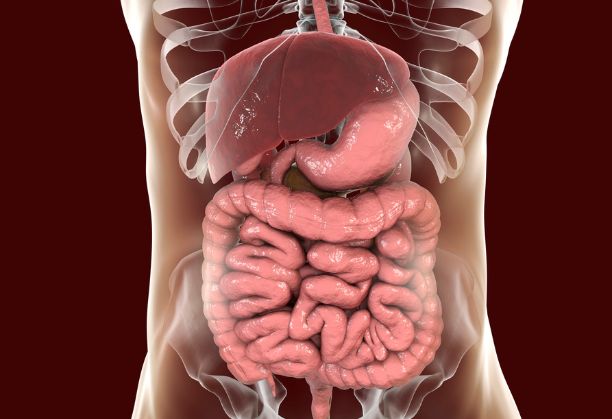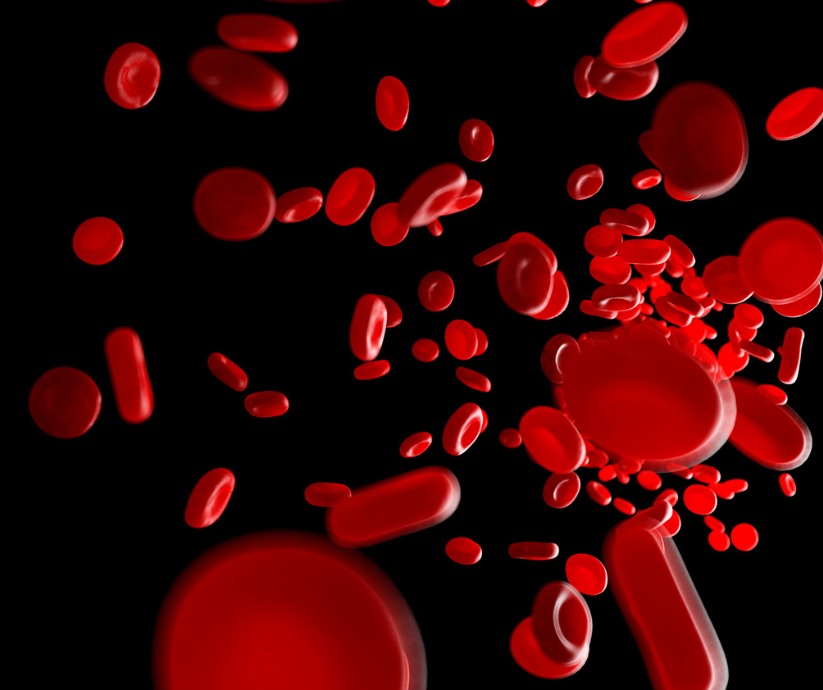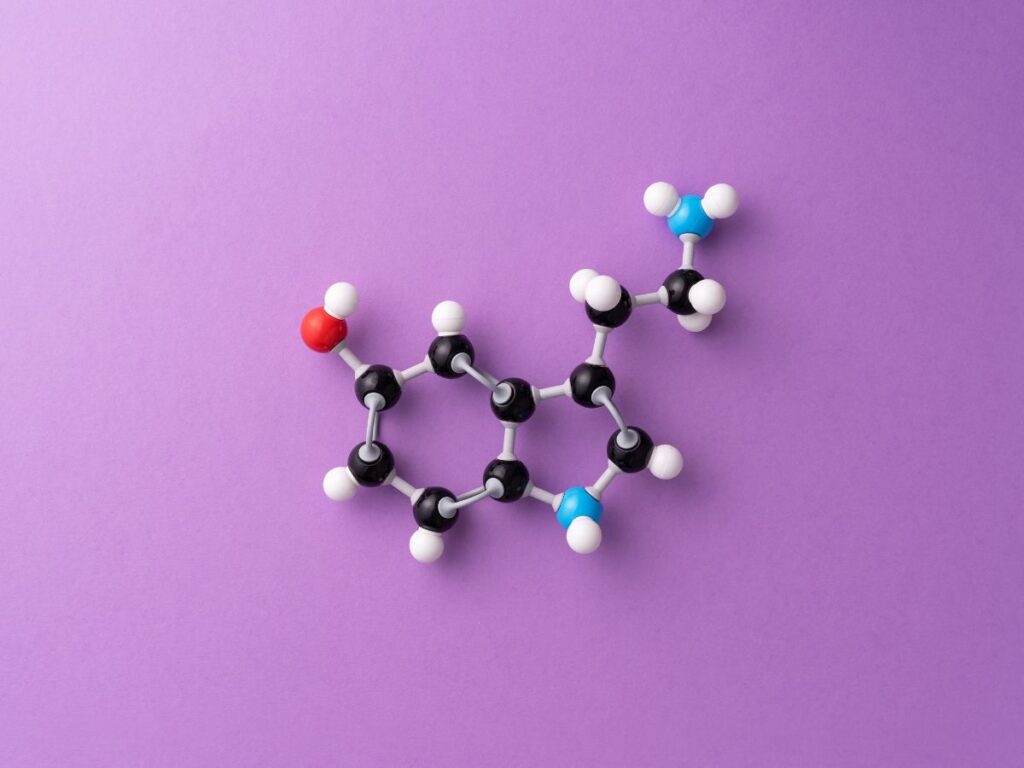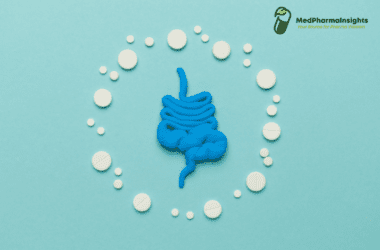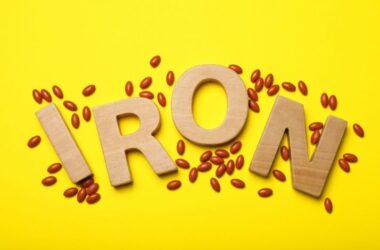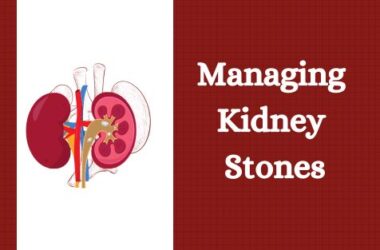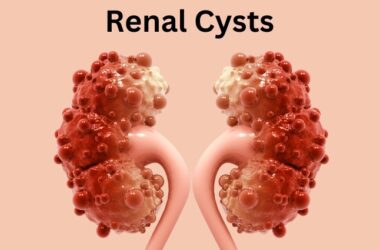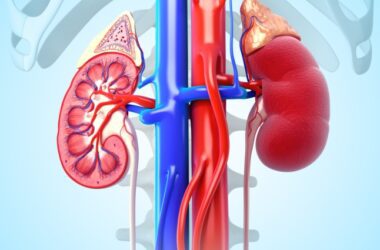Introduction
Kidney stones are a painful and bothersome condition that affects millions of people worldwide. Unfortunately, they are also surrounded by a cloud of myths and misconceptions. These misunderstandings can lead to unnecessary worry and potentially harmful decisions. In this blog post, we’ll debunk some of the most common myths about kidney stones and provide you with the facts you need to know.


Myth #1: Only Older People Get Kidney Stones
While the risk of kidney stones does increase with age, they can occur at any age, from childhood to old age. Younger individuals can also develop kidney stones, especially if they have risk factors such as a family history or dietary choices that promote stone formation. rather than age alone.


Myth #2: A High-Calcium Diet Causes Kidney Stones
Fact: A diet rich in calcium from food sources actually reduces the risk of calcium oxalate stones, the most common type of kidney stone. Calcium binds to oxalate in the intestines, preventing its absorption into the bloodstream and subsequent passage into the kidneys.


Myth #3: Kidney Stones Are Always Painful
Fact: While kidney stones often cause severe pain, not all stones produce noticeable symptoms. Some small stones may pass through the urinary tract without causing discomfort. However, it’s essential to address even asymptomatic stones because they can lead to complications.
Myth #4: All Kidney Stones Are the Same
Fact: There are different types of kidney stones, including calcium oxalate stones, uric acid stones, struvite stones, and cystine stones. The type of stone you have can affect your treatment and prevention strategies. It’s crucial to identify the stone type through proper diagnostic tests.


Myth #5: Drinking More Water Won’t Prevent Kidney Stones
Fact: Staying well-hydrated is one of the most effective ways to reduce the risk of kidney stone formation. Water helps dilute the substances that can lead to stone formation, making it harder for them to crystallize and clump together.
Myth #6: Cutting Out All Oxalate-Rich Foods Prevents Kidney Stones
Fact: While it’s true that some high-oxalate foods can contribute to stone formation, it’s not necessary to eliminate them entirely. Moderation is key. Many healthy foods, like spinach and almonds, are high in oxalates, but their benefits outweigh the risks for most people. Consult with a healthcare professional or registered dietitian for personalized dietary recommendations.


Myth #7: Medications Can Dissolve Kidney Stones
Fact: Medications can help manage the symptoms of kidney stones and facilitate their passage, but they cannot dissolve large stones completely. Surgical procedures or other interventions may be necessary to remove or break down larger stones.


Myth #8: Kidney Stones Are Contagious
Fact: Kidney stones are not contagious. They are formed within the kidneys due to a combination of genetic, dietary, and lifestyle factors and cannot be spread from person to person.
Conclusion
Kidney stones are a common health concern, but understanding the facts behind the myths is essential for prevention and treatment. While some misconceptions may persist, knowing the truth can help individuals make informed decisions about their kidney health. If you suspect you have kidney stones or are at risk, consult with a healthcare professional or nephrologist for guidance tailored to your specific needs. Remember, knowledge is a powerful tool in the fight against kidney stones.


